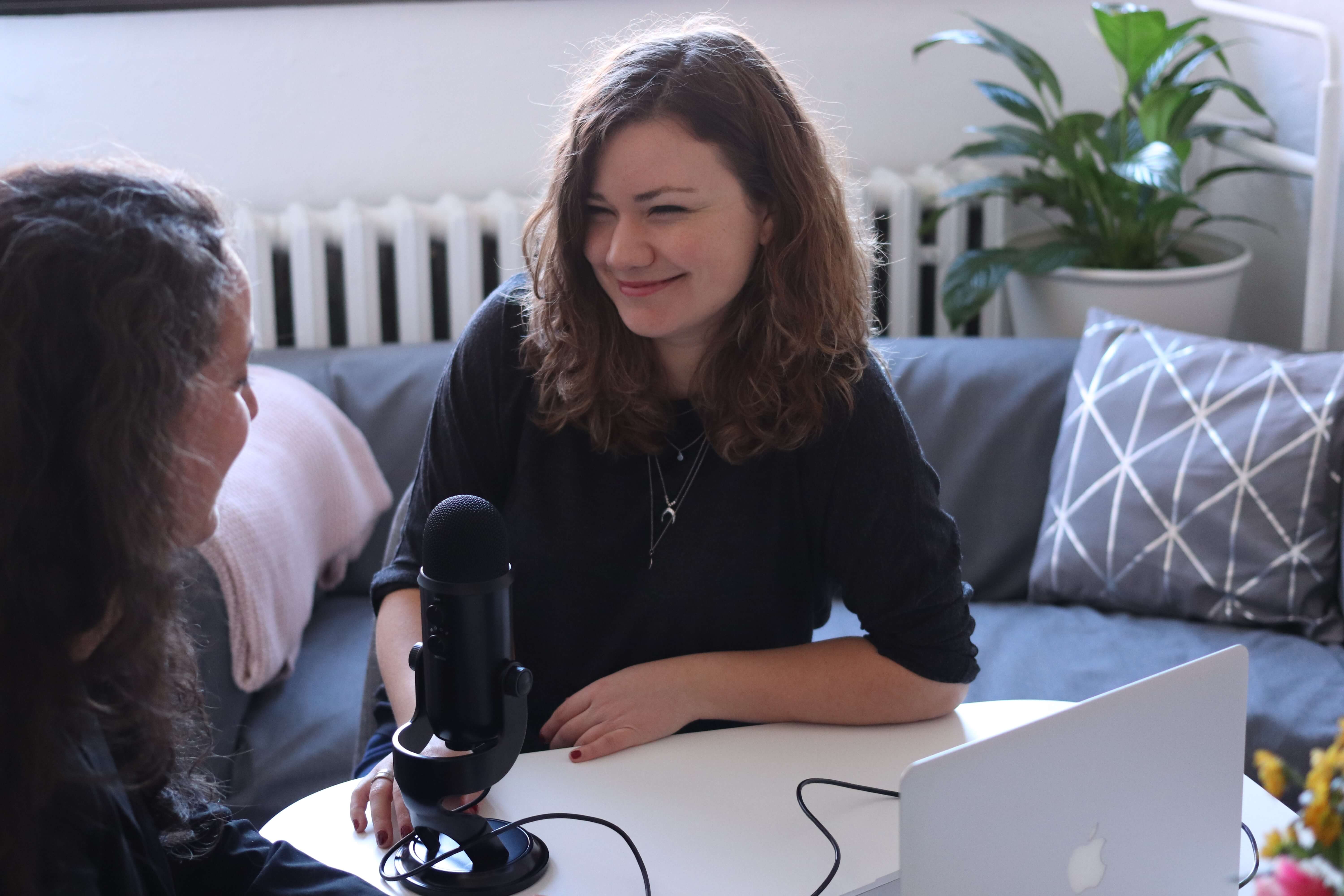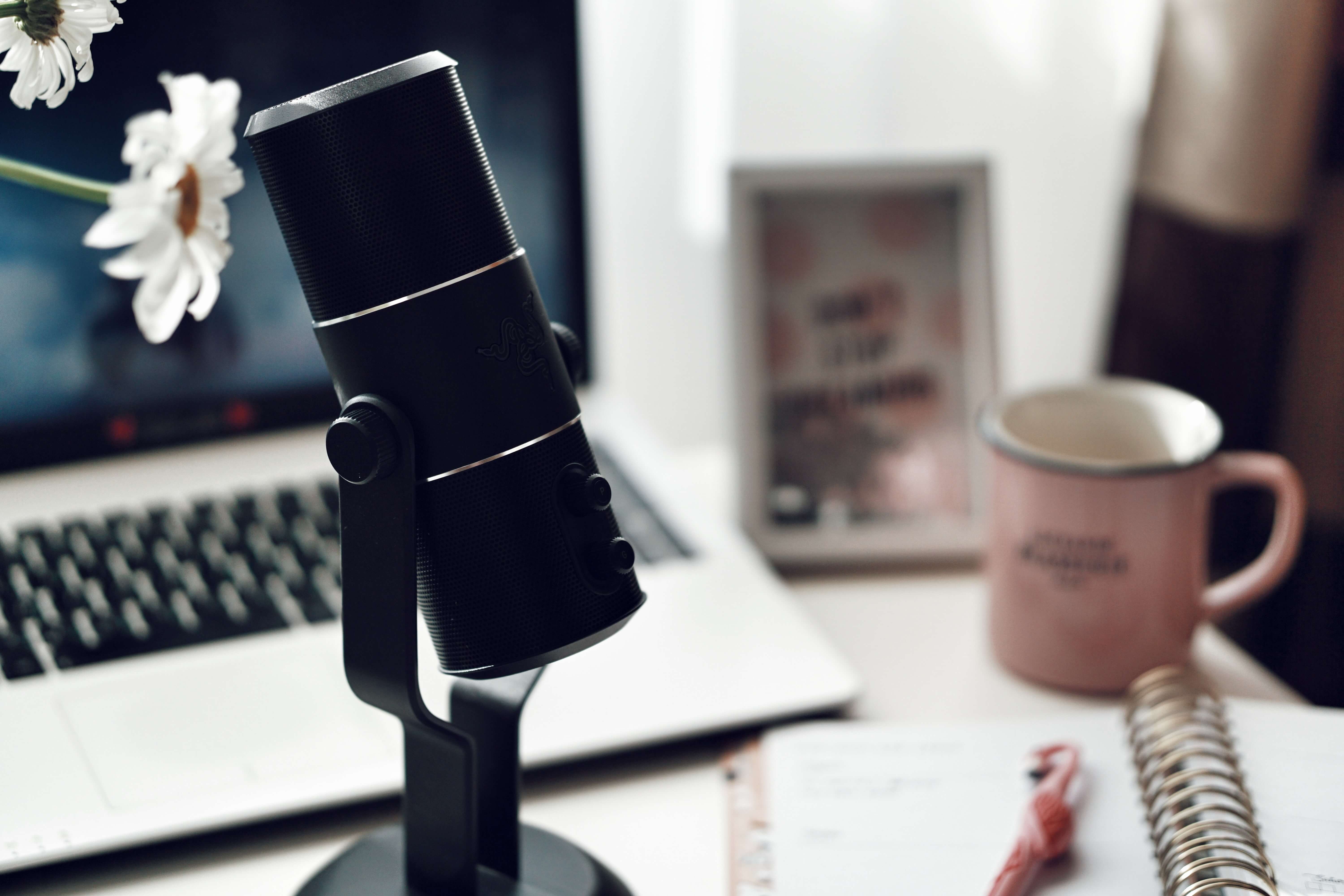Podcasting has become an increasingly popular medium for sharing information and ideas. Whether you're a journalist, a content creator, or simply someone who loves to talk, podcasting provides a unique opportunity to connect with an audience and share your voice. But to create a successful podcast, one of the most important skills you need to master is the art of interviewing. In this article, we'll explore some tips and strategies for conducting engaging and insightful interviews that will keep your audience coming back for more.
Preparation is Key
The first step in conducting a successful interview is preparation. Before you even reach out to potential guests, it's important to do your research. This means researching the industry or topic your guest is an expert in, as well as researching the guest themselves. Read their books, articles, and interviews, and get a sense of their perspective and expertise. This will help you ask informed and relevant questions, and ensure that your interview is valuable and insightful for your audience.
In addition to researching your guest, it's also important to prepare yourself for the interview. Make sure you have a clear idea of the topics you want to cover, and prepare a list of questions that will help guide the conversation. However, don't be afraid to deviate from your list if the conversation takes an unexpected turn. Remember, the most interesting insights often come from spontaneous moments of inspiration.
Set the Tone
Once you've done your research and prepared your questions, it's time to set the tone for the interview. Start by introducing yourself and your podcast, and explain why you're interested in speaking with your guest. This will help your guest feel comfortable and confident, and it will also help set the stage for the conversation to come.
In addition to setting the tone, it's also important to establish rapport with your guest. Take a few moments to chat before you start recording, and try to find common ground or shared interests. This will help build a positive relationship between you and your guest, and it will also make the conversation more natural and engaging for your audience.
Listen and Engage
 Credits: @CoWomen
Credits: @CoWomen
During the interview, it's important to listen carefully to your guest's responses and engage with them in a meaningful way. This means actively listening to what they're saying, and asking follow-up questions that build on their answers. It also means adapting to the conversation as it unfolds, and being open to unexpected insights or ideas.
To be an effective interviewer, it's important to strike a balance between listening and talking. While it's important to ask questions and guide the conversation, it's equally important to give your guest space to share their thoughts and ideas. Avoid interrupting or talking over your guest, and give them time to fully express themselves. This will help build trust and rapport, and it will also lead to more interesting and engaging conversations.
Stay Focused
While it's important to be flexible during an interview, it's also important to stay focused on your goals for the conversation. Make sure you have a clear idea of the topics you want to cover, and steer the conversation back to those topics if it starts to wander off course. This will help ensure that your interview is cohesive and valuable for your audience.
However, don't be too rigid in your approach. If your guest brings up an interesting point or idea that's not on your list of topics, don't be afraid to explore it further. The best interviews are often the ones that take unexpected turns and lead to new insights or perspectives.
Body Language Matters
While podcasting is an audio-only medium, body language still plays an important role in the interview process. Even though your guest can't see you, they can still pick up on subtle cues in your voice and tone. Make sure you're speaking clearly and confidently, and avoid speaking too quickly or hesitantly. This will help build trust and confidence with your guest, and it will also make the conversation more engaging for your audience.
In addition to your tone of voice, it's also important to pay attention to your breathing and posture. Take deep breaths before and during the interview to help calm your nerves, and sit up straight to project confidence and authority. These small adjustments can make a big difference in the quality of your interview.
 Credits: @Vika Strawberrika
Credits: @Vika Strawberrika
End on a High Note
Finally, it's important to end the interview on a high note. Take a moment to thank your guest for their time and insights, and let them know how much you appreciate their participation. This will help build a positive relationship with your guest, and it will also leave your audience with a positive impression of your podcast.
In addition to thanking your guest, it's also a good idea to promote their work or upcoming projects. This will help build goodwill, and it will also provide valuable information for your audience. If your guest has a book, podcast, or other project coming up, make sure to mention it and provide links or contact information.
Besides, one of the best ways to learn more about podcast interviewing is to listen to other podcasts and pay attention to how experienced podcasters conduct their interviews. Listen Notes has a section specifically dedicated to podcaster interviews, where you can find interviews with podcasters from a variety of genres and niches. You can learn from the successes and challenges of other podcasters and apply their insights to your own interviews.
In conclusion, interviewing is an art form that requires preparation, engagement, and focus. By following these tips and strategies, you can conduct engaging and insightful interviews that will keep your audience coming back for more. So whether you're a seasoned interviewer or just starting out, take the time to hone your skills and create a podcast that truly resonates with your audience.

